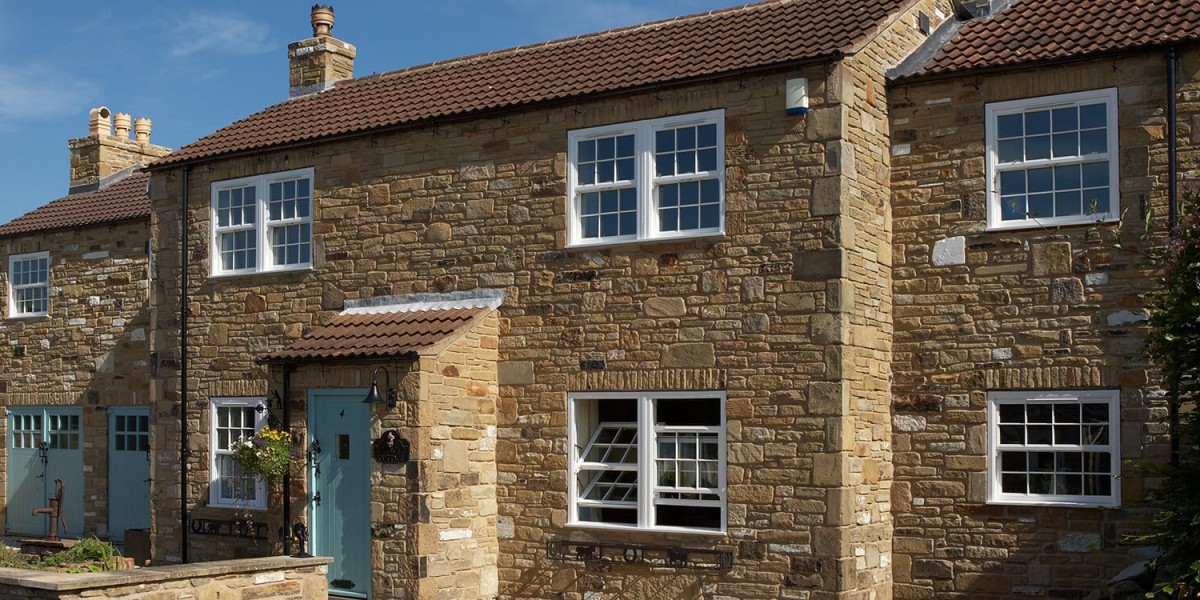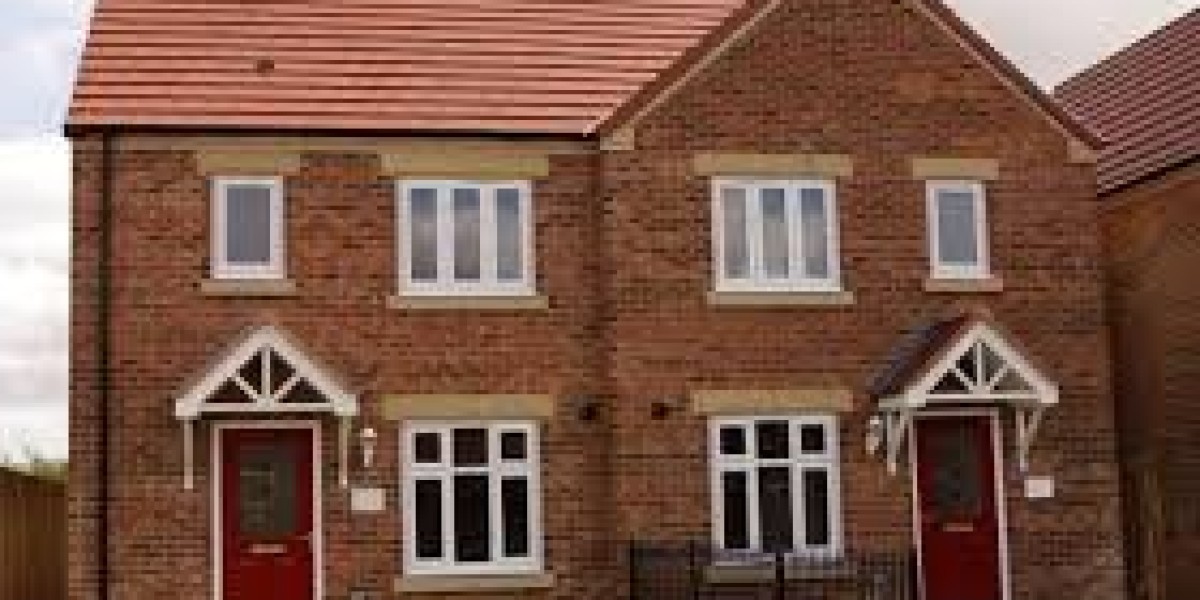Double glazing, a method of insulating windows by using two panes of glass separated by a space filled with gas or air, has gained significant popularity in both residential and commercial buildings. This study report delves into the various aspects of double glazing, including its benefits, types, installation processes, and considerations for homeowners and builders alike.
1. Introduction to Double Glazing
Double glazing is designed to improve energy efficiency, reduce noise pollution, and enhance the overall comfort of indoor spaces. The basic principle involves creating an insulating barrier between the exterior and interior environments, which helps to maintain stable indoor temperatures and reduce energy consumption.
2. Benefits of Double Glazing
2.1 Energy Efficiency
One of the primary benefits of double glazing is its ability to enhance energy efficiency. By reducing heat loss during the winter and minimizing heat gain during the summer, double-glazed windows can significantly lower heating and cooling costs. This is particularly beneficial in regions with extreme climates, where energy bills can be substantial.
2.2 Noise Reduction
Double glazing also provides excellent sound insulation. The air or gas-filled space between the two glass panes acts as a buffer against external noise, making homes and offices quieter and more peaceful. This feature is particularly advantageous for properties located near busy roads, airports, or other sources of noise pollution.
2.3 Improved Security
Double-glazed windows are generally more secure than single-pane windows. The thickness of the two panes of glass makes it more difficult for intruders to break in, thereby enhancing the overall security of the property. Additionally, many double-glazed units come with advanced locking mechanisms that further deter unauthorized access.
2.4 UV Protection
Double glazing can also provide protection against harmful ultraviolet (UV) rays. The space between the two panes often includes low-emissivity (Low-E) coatings that reflect UV rays, helping to protect furniture, Website https://cpja.org.uk/shadow-work-how-jungian-psychology-helps-in-personal-growth/ flooring, and artwork from fading and deterioration caused by sun exposure.
2.5 Environmental Impact
By improving energy efficiency, double glazing contributes to a reduction in carbon emissions associated with heating and cooling. Homeowners who invest in double-glazed windows are not only saving money but also making a positive contribution to the environment.
3. Types of Double Glazing
There are several types of double glazing available in the market, each with its own unique features and advantages.
3.1 Standard Double Glazing
Standard double glazing consists of two panes of glass separated by a spacer bar filled with argon gas. This is the most common form of double glazing and offers a good balance of cost and performance.
3.2 Triple Glazing
Triple glazing involves three panes of glass, providing even greater insulation than standard double glazing. While it is more expensive, it is ideal for extremely cold climates or for buildings that require maximum energy efficiency.
3.3 Low-E Double Glazing
Low-emissivity (Low-E) double glazing features a special coating that reflects heat back into the room while allowing natural light to enter. This type of glazing is particularly effective in reducing energy costs and enhancing comfort.
3.4 Acoustic Double Glazing
Acoustic double glazing is specifically designed to minimize noise pollution. It often features different thicknesses of glass to disrupt sound waves more effectively, making it ideal for urban environments or noisy areas.
3.5 Self-Cleaning Double Glazing
Self-cleaning double glazing incorporates a special coating that breaks down dirt and grime when exposed to sunlight. This innovative feature reduces the need for manual cleaning, making it a convenient option for homeowners.
4. Installation Process
The installation of double glazing is a critical step that requires careful planning and execution. The following steps outline the general process involved in installing double-glazed windows:
4.1 Assessment and Measurement
Before installation, a professional will assess the property and take precise measurements of the existing window frames. This ensures that the new double-glazed units will fit properly and function effectively.
4.2 Removal of Existing Windows
The existing windows are carefully removed, taking care not to damage the surrounding structures. This step may involve removing any trim or molding to access the window frame.
4.3 Preparation of the Frame
Once the old windows are removed, the frame is cleaned and prepared for the new double-glazed units. This may include repairing any damage or ensuring that the frame is level and secure.
4.4 Installation of Double-Glazed Units
The new double-glazed units are then installed into the prepared frame. Proper sealing and insulation are crucial to ensure that the units are airtight and energy-efficient.
4.5 Finishing Touches
After installation, any trim or molding is replaced, and the area is cleaned up. Homeowners are typically advised on how to care for their new windows to ensure longevity and optimal performance.
5. Considerations for Homeowners
While double glazing offers numerous benefits, there are several considerations that homeowners should keep in mind:
5.1 Cost
The initial investment for double glazing can be higher than single-pane windows. However, the long-term savings on energy bills and increased property value often justify the expense.
5.2 Aesthetic Impact
Homeowners should consider how double-glazed windows will affect the appearance of their property. There are various styles and finishes available to complement different architectural designs.
5.3 Maintenance
Double-glazed windows typically require less maintenance than single-pane windows. However, regular cleaning and occasional checks for condensation between the panes are necessary to ensure their longevity.
6. Conclusion
Double glazing is a valuable investment for homeowners and builders seeking to enhance energy efficiency, reduce noise pollution, and improve security. With various types available and a straightforward installation process, double glazing presents a practical solution for modern living. As energy costs continue to rise and environmental concerns become more pressing, the importance of double glazing in the construction and renovation of buildings will only continue to grow. Investing in double-glazed windows not only provides immediate benefits but also contributes to a sustainable future.








